Genetic testing to find BRCA 1/2 mutation for detecting breast and ovarian cancer







NGenebio
Reagents
Detecting breast and ovarian cancer
BRCAaccuTest™ PLUS with CE-IVD certificate for HBOC Breast/Ovarian Cancer Test
Genetic testing to find BRCA 1/2 mutation for detecting breast and ovarian cancer
| BRCAaccuTest™ PLUS | ||
|---|---|---|
| Certification | CE-IVD | |
| Target Gene | Breast Cancer/Ovarian cancer HBOC (Hereditary breast and ovarian cancer syndrome) |
|
| Treatment-enhancing methods | Method of Amplicon | |
| Numbers | 12 (6+6) tests (1 tests for DNA control) |
24 tests (1 tests for DNA control) |
| Samples | Blood, FFPE, biopsy tissue | |
| Amount of DNA input | 10-30 ng | |
| Target Gene | BRCA1 / BRCA2 | |
| Target Area | 22.4 kb (all protein coding zones, joins, startup zones selected, UTR, intron regions) | |
| amplicon | 160 (2 pools) | |
| Timing | >5 hrs | |
| Variant | SNV, In, Del, Dup, CNV* | |
| NGS platform & reagent | illumina MiSeq, MiSeq Dx / MiSeq Reagent Nano, Micro kit, v2, 300cycles | |
| Throughput Sample | Germline (11) / Somatic (5) | Germline (23) |
| Analysis Solution | NGeneAnalySys™ (CE) | |
*CNV: Only ROU
Supplier
Ngenebio
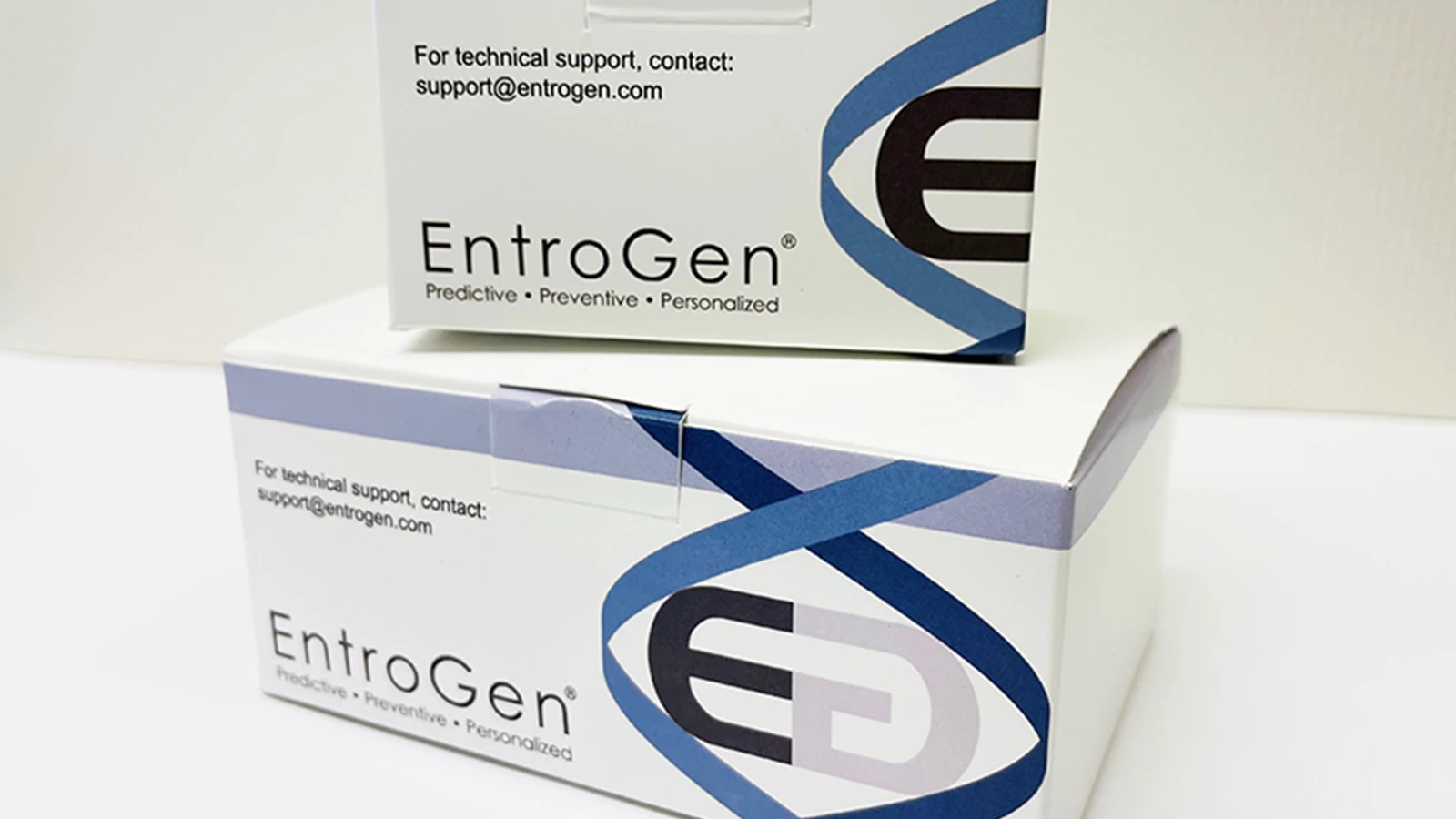

The EntroGen NGS Targeted Hotspot Panel is a comprehensive assay that detects clinically relevant mutations in solid tumors using next-generation sequencing, compatible with fresh frozen and FFPE samples. It offers high sensitivity, low DNA input, and the ability to batch up to 12 samples in a single run, making it ideal for labs with limited sample volumes.
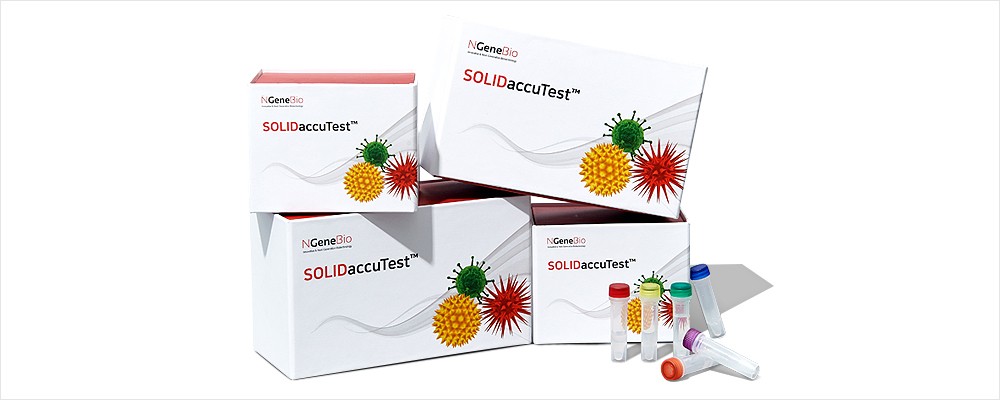

SOLIDaccuTest™ is an excellent tool for discovering variants associated with solid tumors using a comprehensive approach to next-generation sequencing (NGS). It reflects the latest research trends and is optimized for medical purposes by selecting essential genes of solid tumors including lung, colon, breast, skin brain, stomach and ovarian cancers, etc.


BRCAaccuTest™ & BRCAaccuTest™PLUS is a regent for producing libraries for
analyzing the BRCA ½ genes using the NGS (next-generation sequencing) method,
which analyzes genomic DNA derived from blood or FFPE tissues.
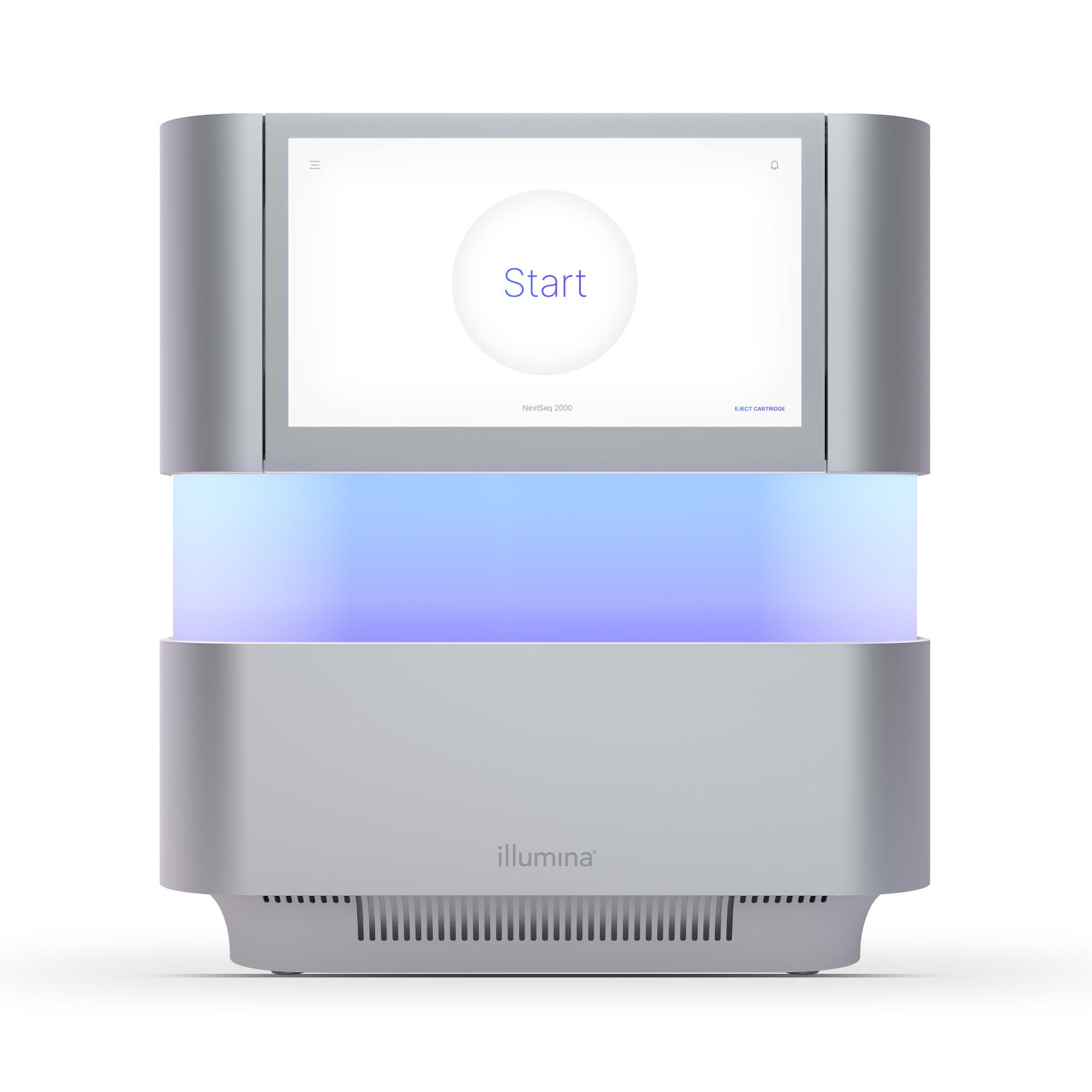

The NextSeq 2000 Sequencing System uses patterned flow cells similar to those that power the NovaSeq™ 6000 System. The result is a highly flexible and scalable benchtop system that offers the highest cluster density flow cell of any on-market NGS system to date, driving down the cost per gigabase (Gb) of the sequencing run.
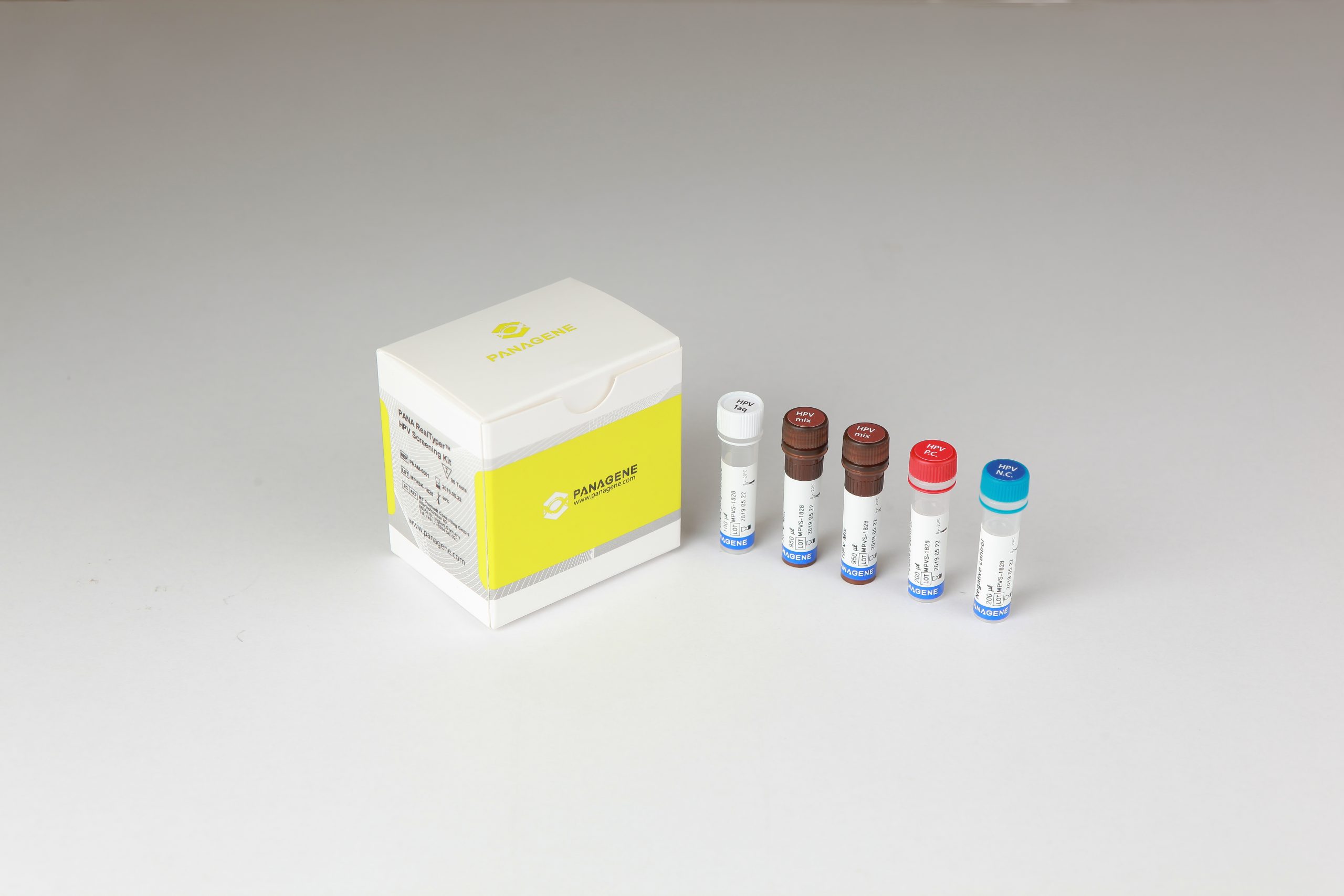

The PANA RealTyper™ HPV Screening Kit is a CE marked diagnostic device in accordance with the European Union in vitro Diagnostic Medical Device Directive 98/79/EC
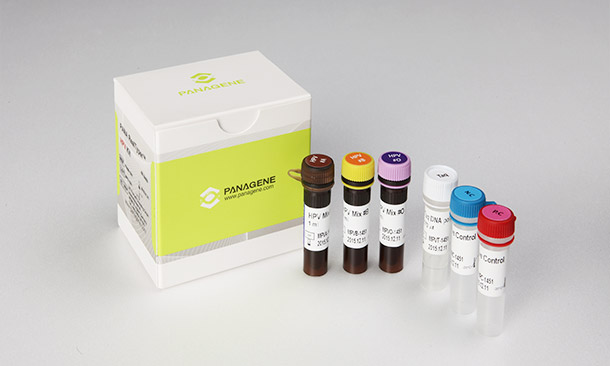

PANA RealTyperTM HPV Kit is a CE marked diagnostic device in accordance with the European Union in vitro Diagnostic Medical Device Directive 98/79/EC.
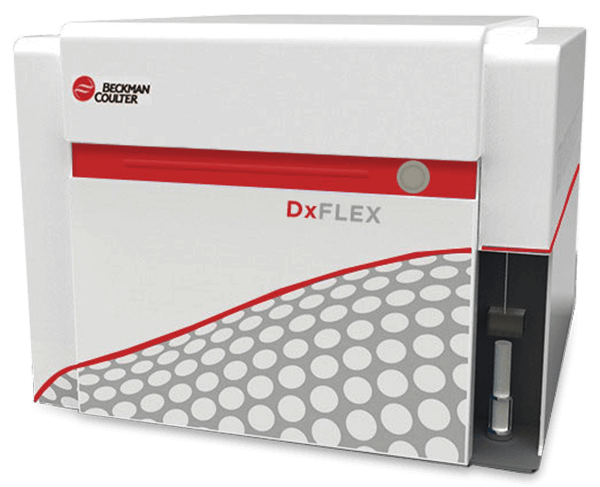

DxFLEX is a new clinical flow cytometry platform derived from the successful CytoFLEX. The advanced sensitivity and intuitive software DxFLEX makes flow cytometry routine for both novice and expert flow cytometry technicians and promotes standardization. Functionality in the autoloader facilitates accurate results and sample tracking.
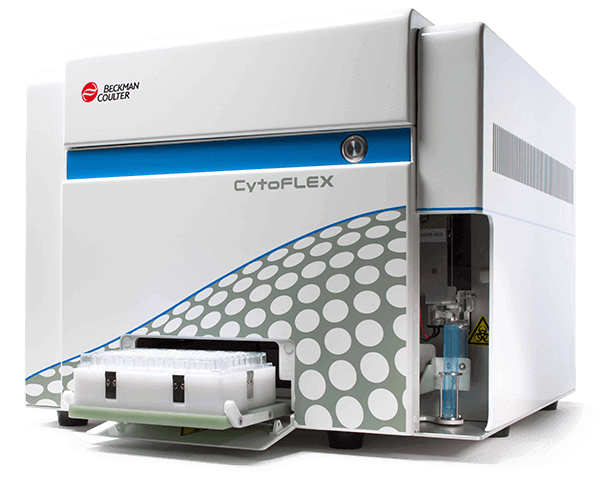

Model: CytoFLEX
Manufacturer: Beckman Coulter Life Sciences/ USA
The CytoFLEX Flow Cytometer is the most innovative flow cytometer system of Beckman Coulter. With compact design and high efficiency in work, CytoFlex provides and easy to use system with the impressive performance you need. Our system allows the researchers just focus on the science with no worry about instrument. Its superior sensitivity and resolution throughout all configurations give it the edge over other cytometry systems four times its size.
– Up to 3 lasers Violet-Blue-Red (V-B-R) and fully activated with 13 colors
– Ability to measure 100 nm particles with violet laser
– Includes 13 band pass filters: 450/45, 525/40 (2), 585/42, 610/20 (2), 660/10 (2), 690/50, 712/25, 780/60 (3)
– For higher throughput applications an optional plate loader module is available
– Smart software in acquisition and analysis CytExpert
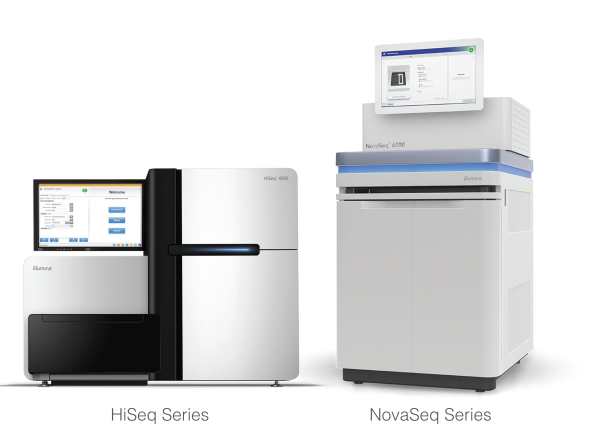

Model: NovaSeq 6000
Manufacturer: Illumina/USA
– Scalable platform
Match data output, time to results, and price per sample to study needs
– Flexible performance
Configure sequencing method, flow cell type, and read length to support a broad range of applications
– Streamlined operation
Increase lab efficiency with a simplified workflow and reduced hands-on time
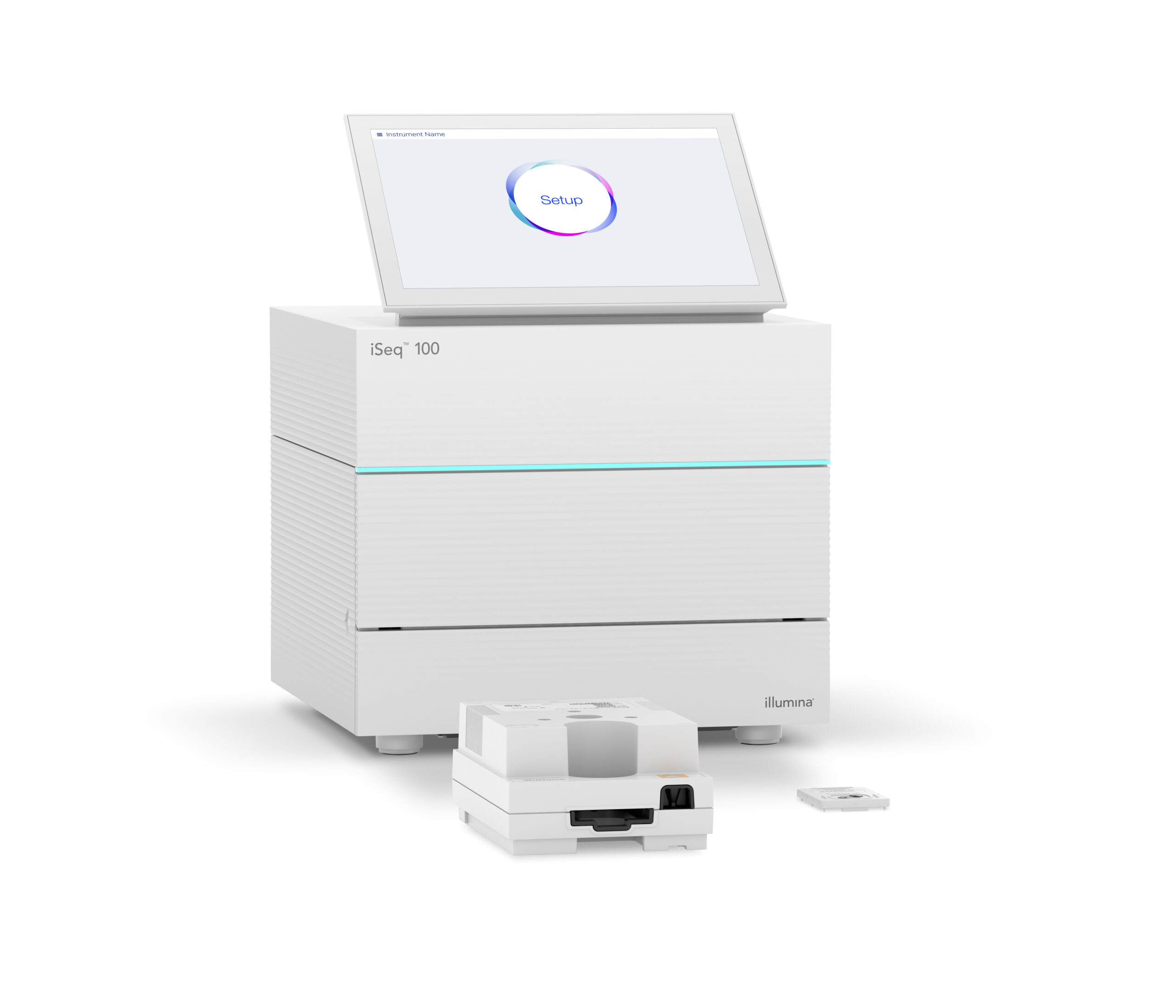

Model: iSeq 100
Manufacturer: Illumina/USA
Illumina’s smallest next-generation DNA sequencing system, with small, fast and efficient sequencing throughput, suitable for all labs
– Fast data generation: Suitable for small projects, on a dedicated device, low throughput with fast turnaround times
– Convenient operation: Control the sequencing process from start to finish and ensure independent sequencing instead of outsourcing.